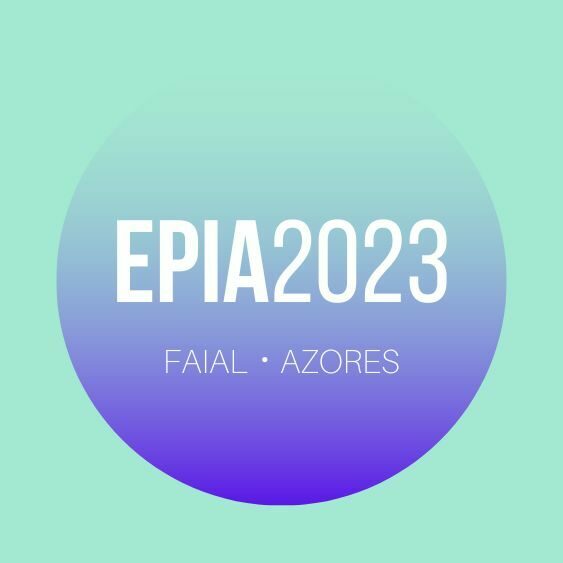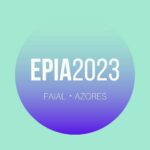General Artificial Intelligence
Traditionally in EPIA there is a thematic track under the title of General Artificial Intelligence (GAI) that intends to cover general methodologies and architectures for intelligent systems and research that does not clearly fall under other specific thematic tracks. Besides, in GAI we will encourage researchers to present work in interdisciplinary areas and in breaking domains of AI. All available paths integrating AI are welcome, including theoretical and experimental computer science, cognitive science, neuroscience, and innovative interdisciplinary methodologies. Relevant to this track are also papers on issues that arise in the design and construction of complex artificial intelligent agents, including but not limited to human-level intelligent agents, integrating varying
component technologies.
TOPICS OF INTEREST
The topics of interest include, but are not limited to:
- Brain Sciences
- Case-by-case Problem-Solving
- Cognitive Architectures
- Coherence of Integrative/Hybrid Systems
- Connecting Sensorimotor and Concept-level Cognition Context
- Evaluation and Comparison of AI Projects
- Foundations and Theory of AI
- Human-Computer Interaction
- Intelligent Database Systems
- Intelligent User Interfaces
- Lifelong and Multi-Strategy Learning
- Logic Based Knowledge Representation
- Logic Programming
- Management of Complex Goal Structures
- Multimodal Communication
- Natural Language Processing
- Ontologies
- Philosophical Issues
- Program Analysis, Validation, Verification and Debugging
- Real-Time AI Systems
- Reasoning with Incomplete and Uncertain Information
- Semantic Web
- The Role of Embodiment in AI
- Virtual characters
ORGANIZATION COMMITTEE
- Nuno Moniz, University of Notre Dame / INESC TEC, USA
- Zita Vale, GECAD / ISEP – IPP, Portugal
- José Cascalho, GRIA – LIACC / Universidade dos Açores, Portugal
- Catarina Silva, CISUC, Universidade de Coimbra, Portugal
- Raquel Sebastião, IEETA / Universidade de Aveiro, Portugal
Program COMMITEEE
- Vicente Julian, Universitat Politècnica de València, Spain
- Petia Georgieva, University of Aveiro, Portugal
- Jose Cascalho, Universidade dos Açores, Portugal
- Catarina Silva, University of Coimbra, Portugal
- Zita Vale, GECAD – ISEP/IPP, Portugal
- Paulo Cortez, University of Minho, Portugal
- Luis Paulo Reis, University of Porto/LIACC, Portugal
- Paulo Quaresma, Universidade de Evora, Portugal
- José Machado, University of Minho, Portugal
- Pedro Rangel Henriques, University of Minho, Portugal
- Amparo Alonso-Betanzos, University of A Coruña, Spain
- David Walters, University of Sydney Business School, Australia
- Pedro Barahona, Universidade NOVA de Lisboa, Portugal
- Jose Julio Alferes, Universidade NOVA de Lisboa, Portugal
- Arlindo Oliveira, INESC-ID / IST, Portugal
- Juan Pavón, Universidad Complutense de Madrid, Spain
- Jose M. Molina, Universidad Carlos III de Madrid, Spain
- Andrea Omicini, Alma Mater Studiorum–Università di Bologna, Italy
- F. Amílcar Cardoso, DEI/CISUC, University of Coimbra, Portugal
- Luís Seabra Lopes, Universidade of Aveiro, Portugal
- Davide Carneiro, CIICESI/ESTG, Polytechnic Institute of Porto, Portugal
- Joao Leite, Universidade NOVA de Lisboa, Portugal
- Ana Paula Rocha, LIACC/University of Porto, Portugal

